International partnerships
Participating in European consortia increases the impact of your work. Discover our role as a design partner in international collaborations.
Gaming to improve your social skills: at first glance, it does not seem a logical combination. Yet it can be very pleasant and effective to start practising in a ‘digital’ world, where it is not a problem if something goes wrong. This is proven by the serious game SoVaTass that we developed in collaboration with NHL Stenden and Hanze University Groningen.


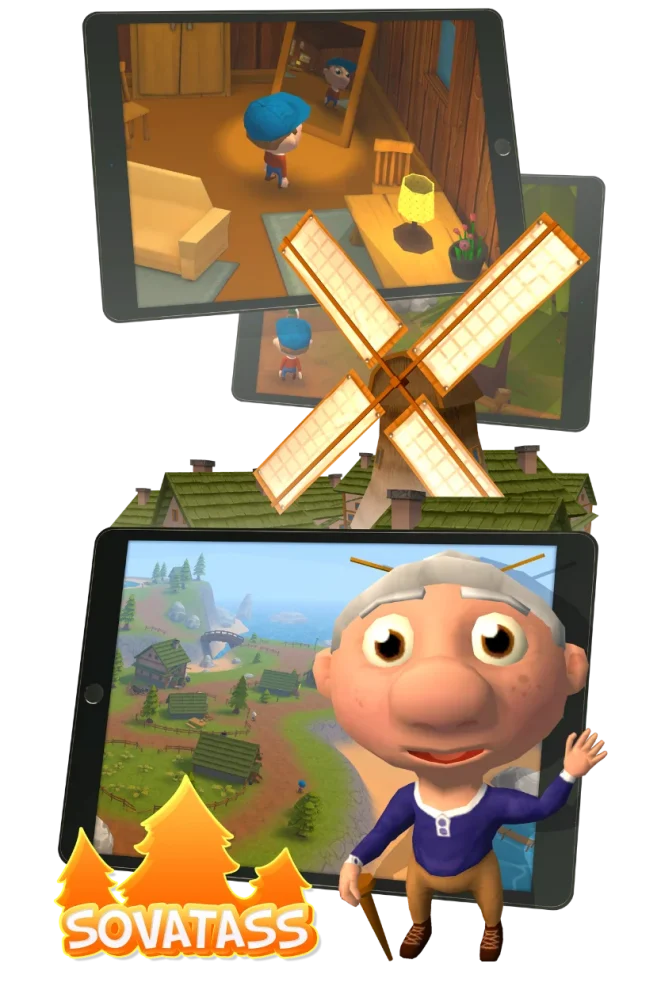
Children with Autistic Spectrum Disorder (ASS) often have more difficulty with social skills than their peers. The extent to which the disorder manifests itself in everyday life differs for each child. It is often the case that assessing social situations is slightly more difficult. The child often notices this too.
Because this sometimes causes frustration, they avoid these situations and their world becomes smaller and smaller. To prevent this and to help the children on the social plane, 8D Games in cooperation with NHL Stenden and Van Hall Larenstein has developed an exercise game for children with autism: SoVaTaSS.
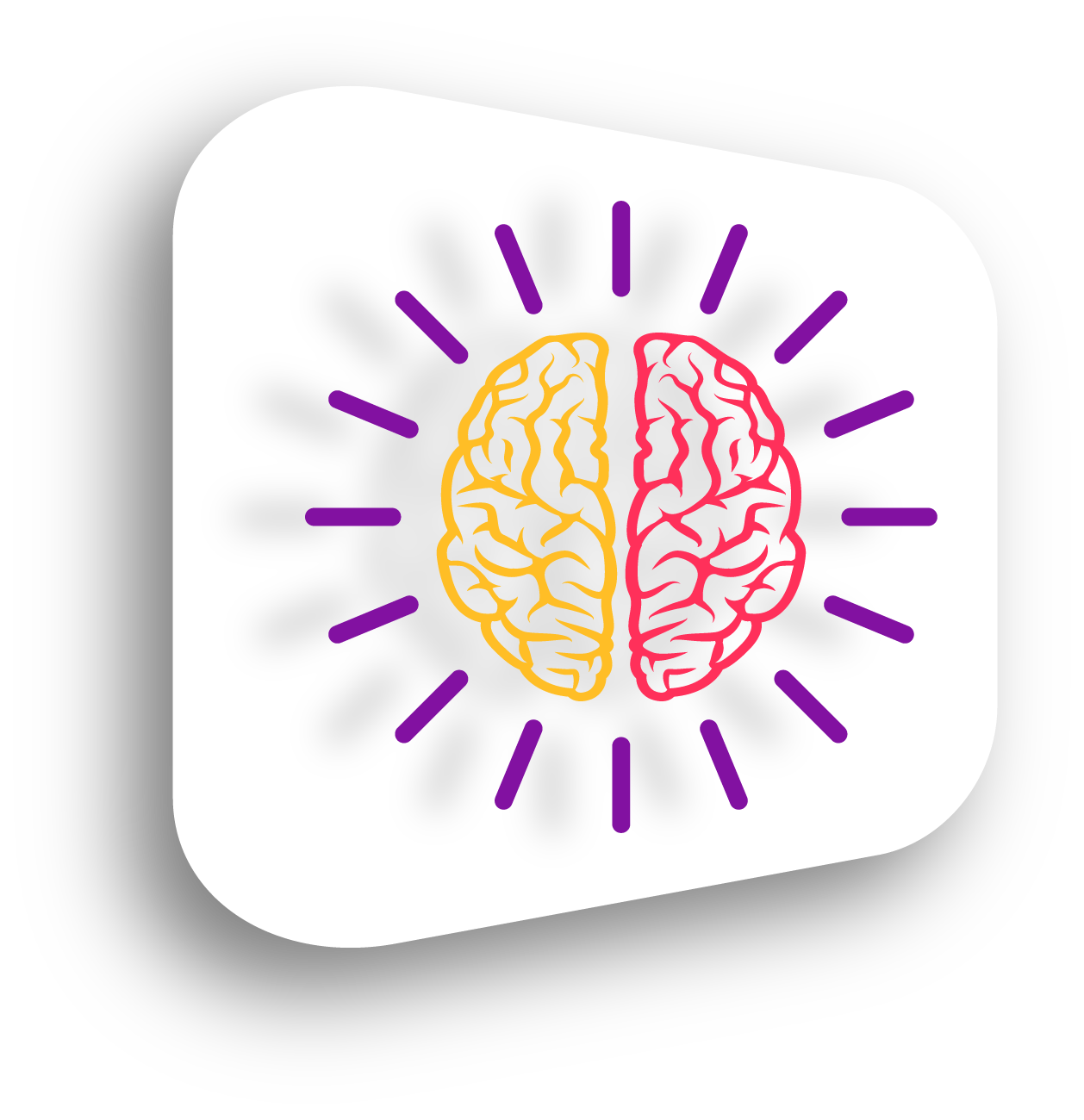 Approach
ApproachSoVaTaSS is set in a village on an island. We have kept the look and feel of the island and the characters calm, so that children can concentrate on the tasks at hand: helping the other inhabitants of the island. For example, someone has a problem with his cart and someone else needs help with photography. In almost all situations the player learns to recognise emotions and, based on this information, to react appropriately. For example: making a blunt remark to someone who is already angry will make him even angrier. Through the cause-and-effect principle of the game, the player learns which actions lead to which result.
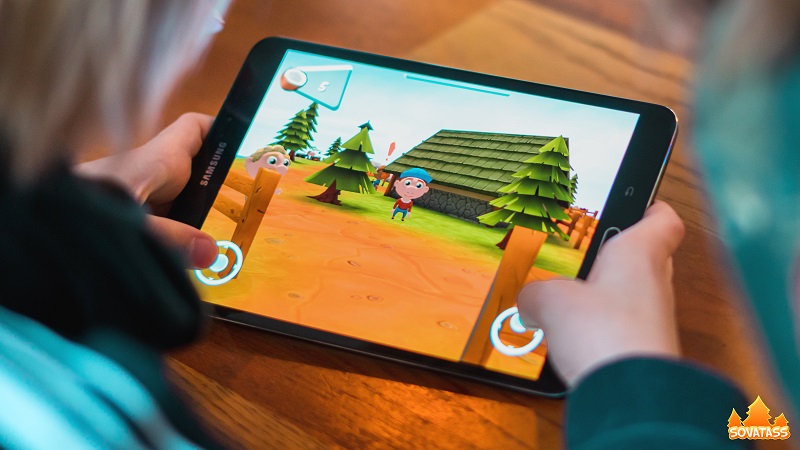

Eigenaar 8D Games

 Results
ResultsIn the safe environment of SoVaTaSS, various social skills are needed to progress in the game, such as recognising and responding to emotions, being assertive, complimenting and thanking. In this way, the child regains confidence in its own social skills. The learned skills can be immediately applied in the real world!
The development of this training game for children with autism was part of a larger research project led by Dr. Job van ‘t Veer (Lectorate Digital Innovation in Care & Welfare, NHL Stenden).
Learn more about the functionality of a serious game as a research tool?
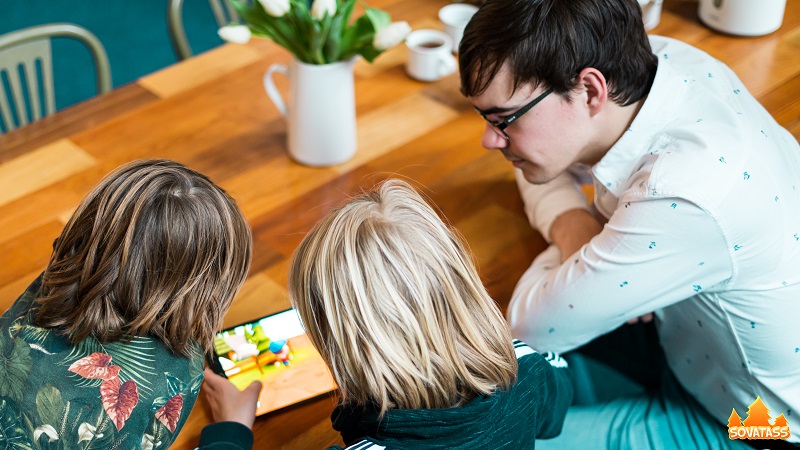

Johan will be happy to tell you more.
At 8D, we support researchers in integrating a design approach into their work, from project design to creative product development and process supervision. These participatory methodologies help solve complex, people-centred problems and embed research findings in society in a sustainable way.
In all our projects, we apply our own social design approach, which we have refined over the past ten years through hands-on experience. Our method combines the best elements of various design-driven methodologies, with co-creation with stakeholders at its core. What makes this approach unique is that it allows for course adjustments based on co-creation while simultaneously maintaining momentum through clear task division and concrete planning.
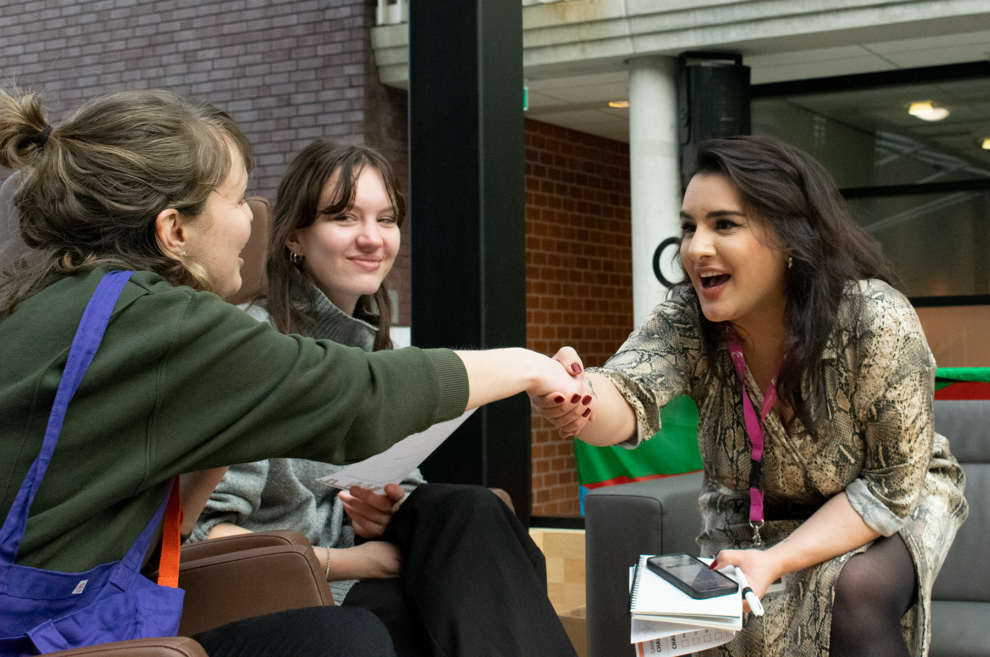
Participating in European consortia increases the impact of your work. Discover our role as a design partner in international collaborations.
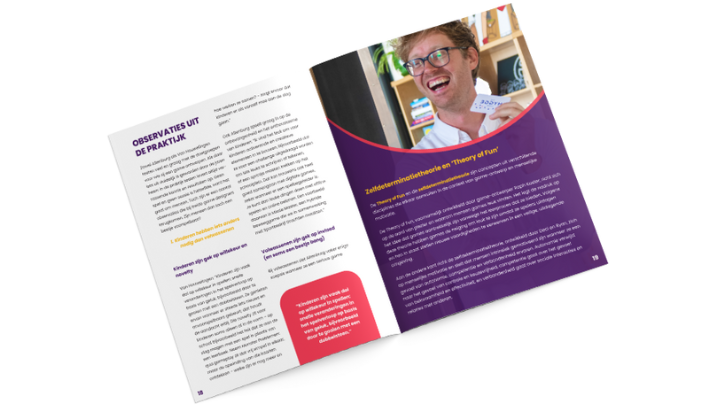
What is the relationship between serious gaming, science and psychology? And why is serious gaming really much more than a game anyway? This white paper is not about games, but about serious gaming as a scientific method for researching (social) tasks!
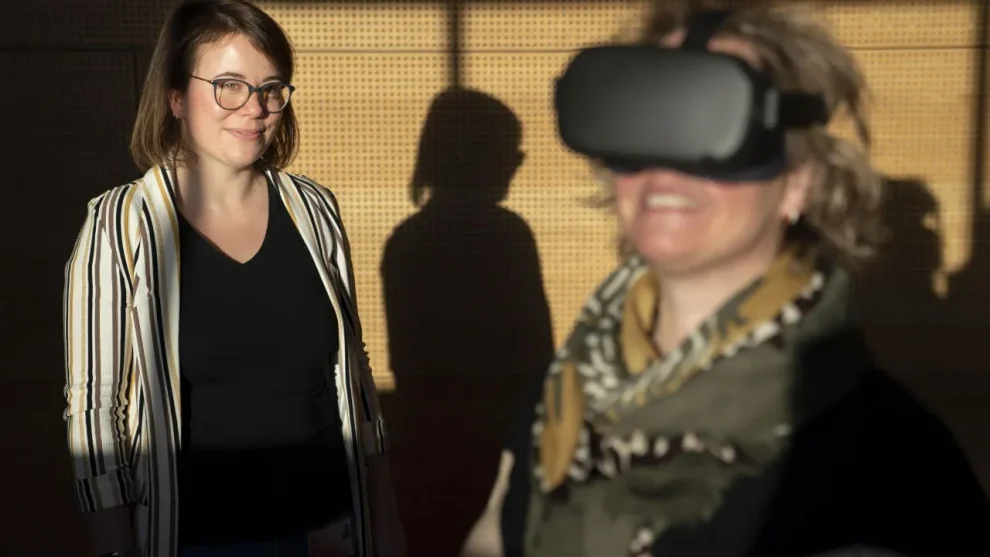
Interested in the possibilities of serious gaming in healthcare and research, and want to know more about the process of doing PhD research in this field? On July 5, 2023,…